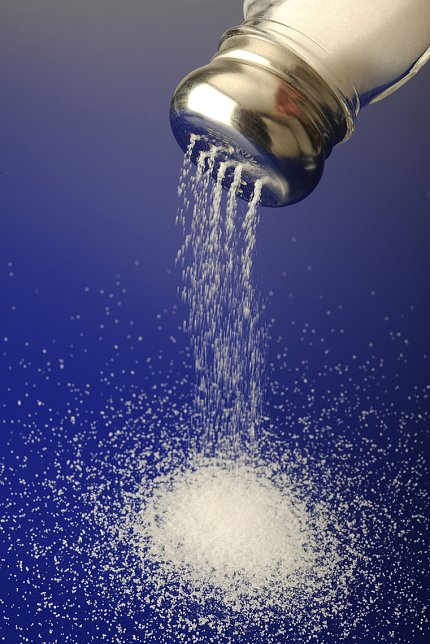Pathogenic Tau and Cognitive Impairment Are Precipitated by a High-Salt Diet

Photo: pixhook/iStock
High levels of dietary salt can activate a pathway in the brain to cause cognitive impairment, according to a new study. The paper, which was published in Nature, shows that this effect is not due to a loss in blood flow to the brain as originally thought, but rather to clumps of a protein linked to several forms of dementia in humans. The research was funded by NINDS.
“This study continues the important story of the effects of a high-salt diet on the brain,” said Dr. Jim Koenig, program director at NINDS. “This work in mice reveals a new target for therapies aimed at brain blood vessel dysfunction.”
In a previous research study, scientists led by Dr. Costantino Iadecola, director and chair of the Feil Family Brain and Mind Research Institute at Weill Cornell Medicine in New York City, showed that mice that ate a diet high in sodium began to show symptoms of dementia due to changes that occurred in the gut. The diet also produced a drop in the flow of blood to the brain, which they thought would be the cause of the dementia symptoms. However, when they looked more closely, they found instead that a buildup of a protein called tau in the brain was the cause.
“This result was completely unexpected,” said Iadecola. “We knew that a high-salt diet produced dementia-like symptoms in mice, and we went in thinking the culprit would be reduced blood flow to the brain. It turned out that wasn’t the case at all.”
Although Iadecola points out that the salt content consumed by the mice in this study is 8 to 16 times higher than normal and is likely to be more than a person would consume in a single day, their findings provide important links between diet, the blood vessels of the brain and cognition.
“Our results highlight the importance of thinking beyond blood flow when treating disorders affecting the brain’s blood vessels,” he said.
